Helpful! Why Do Athletes Heart Rates Recover Faster
Then add your resting heart rate of 50 to 845. Athletic heart syndrome AHS is a non-pathological condition commonly seen in sports medicine in which the human heart is enlarged and the resting heart rate is lower than normal.

Heart Rate Recovery Powerful Prognosticator Now On Apple Watch Medpage Today
View an animation of tachycardia.
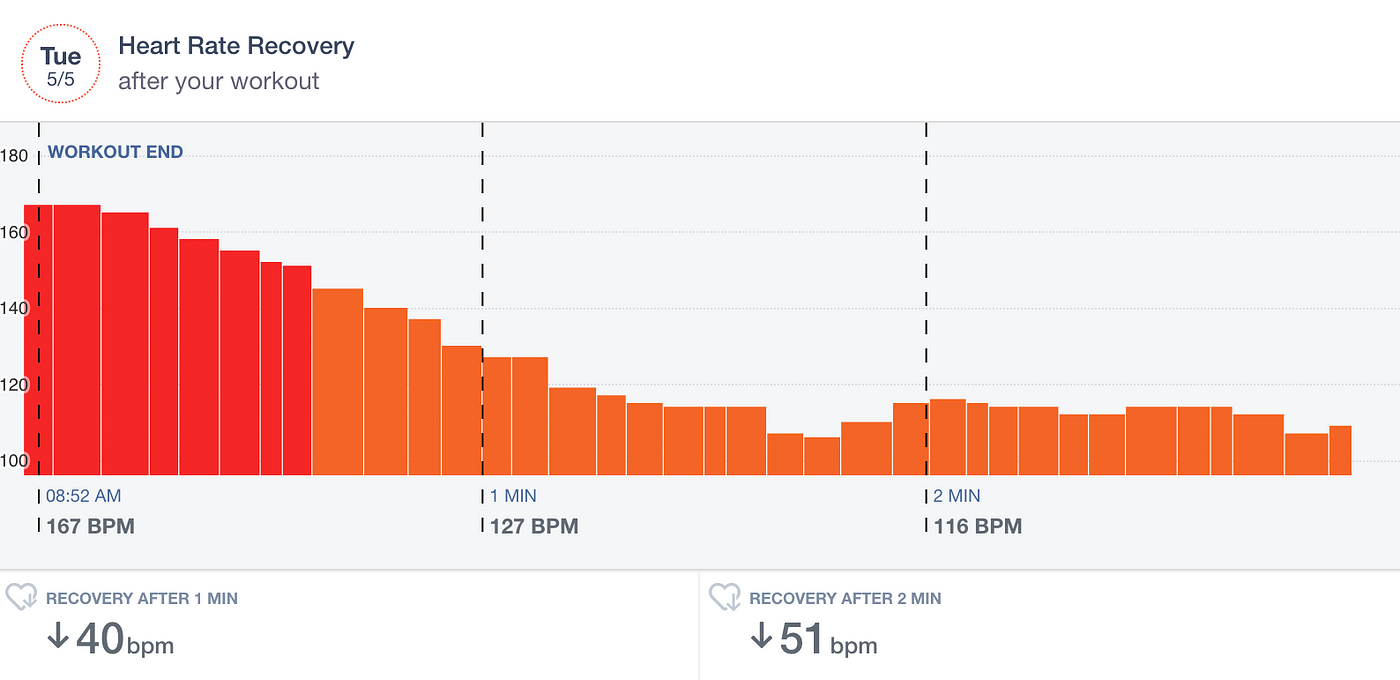
Why do athletes heart rates recover faster. Types of tachycardias Atrial or Supraventricular Tachycardia SVT Atrial or supraventricular tachycardia SVT is a fast heart rate that starts in the upper chambers of the heart. Generally the faster a. But some experts believe that an ideal resting heart rate is closer to 50 to 70.
Generally speaking for adults a heart rate of more than 100 beats per minute BPM is considered too fast. Normal resting heart rate. Regardless of what is considered normal its important to recognize that a healthy heart rate will vary depending on the situation.
The gold standard for finding your maximum heart rate is a treadmill stress test in a lab but you can simulate one on your own with a heart-rate monitor. Eg A 30-year-old would have a max heart rate of 220-30 190 beats per minute. Identify Overtraining Using HRV you can identify whether you are overtraining and when you should.
Most smart watches nowadays will do these calculations for you defining clear zones but you can also do the math yourself provided you have a heart rate monitor. The result 1345 is about the heart rate to aim for on an easy recovery run. This experiment was performed to see the changes in the heart rate recovery times of in-season off-season and non-athletes hearts.
Recover Faster Using the information provided by HRV can help you recover faster and therefore be able to perform at a higher level. 60100 beats per minutes for. Finally resting heart rate and surface area were negatively correlated at a correlation of -0217.
Children also recovered very quickly even faster than the well-trained adult endurance athletes as demonstrated by their faster heart rate recovery and ability to better remove lactate a. Heart rate increase is responsible for the majority of cardiac output augmentation during exercise. The average resting heart rate is usually between 60 and 80 beats per minute but some athletes have resting heart rates considerably lower.
The athletes heart is associated with physiological remodeling as a consequence of repetitive cardiac loading. We spent three days testing our runners and their heart rate recovery times. A HR this low can also be dangerous and result in a.
HERE ARE 5 REASONS WHY CROSSFITTERS CAN USE HEART RATE VARIABILITY TO HELP IMPROVE THEIR PERFORMANCES. According to the National Institute of Health average resting heart rate should be. To estimate your maximum heart rate simply subtract your age from 220.
The Heart Rate Recovery Times. Every student checked their initial heart rate and then ran for 30 seconds. Smokers and non-smokers had nearly identical results except for their pulse after two minutes of exercise and their recovery time after six minutes of exercise.
Postexercise heart rate recovery accelerates in strength-trained athletes Med Sci Sports Exerc. Heart rate in the athlete may range from 200 bpm in a young maximally exercising athlete. It may have taken about one to seven or more minutes after exercise stopped for the heart to resume its resting rate.
Heart rate recovery is the amount of time it takes for your heart to return to a normal level following exercise 1Usually this is measured at a physicians office with the. For example if your resting heart rate after your recovery period of 1-2 days was between 66-70 beats per minute bpm then we could. A significantly higher HRR1 was found in group A 295 156 versus 224 108 P.
Heart rate recovery was calculated as the rate of decline of HR from peak exercise to rates 1 2 and 3 min after cessation of exercise HRR1 HRR2 and HRR3. Maximal heart rate varies innately among individuals decreases with age 23 and does not increase with exercise training. Faster than 100 is tachycardia fast heart.
The term athletes heart refers to a natural subtle enlargement that can happen as the heart adapts to intense athletic training. On average it is said that untrained athletes have a resting HR of 60-80 beats per minute bpm whereas a trained athletes resting heart rate is more likely to be 40-50 bpm. Athletes heart is common in athletes who routinely exercise more than an hour a day.
Nevertheless these studies only monitored the heart rate for 60 s or 5 min 107 108 after exercise and the practical relevance of these findings with regard to training recovery is therefore limited. Some professional endurance athletes have even been known to have a resting heart rate of 20-30 bps. Slower than 60 is bradycardia slow heart.
By contrast other studies found a slower heart rate recovery during an active cool-down compared with a passive cool-down. Athletes always had slower heart rates and quicker recovery rates than non-athletes.

Athlete Heart Rate What S Safe And What S Too High

A Sport Science Approach To Heart Rate Monitoring

Heart Rate Recovery An Underutilized Metric For Identifying Fitness And Fatigue In Athletes Adam Virgile Sports Science

Heart Rate Recovery Why It S Important How To Track It By Harish Kilaru Cardiogram

Heart Rate Recovery Distribution In The Pure Cohort Download Table
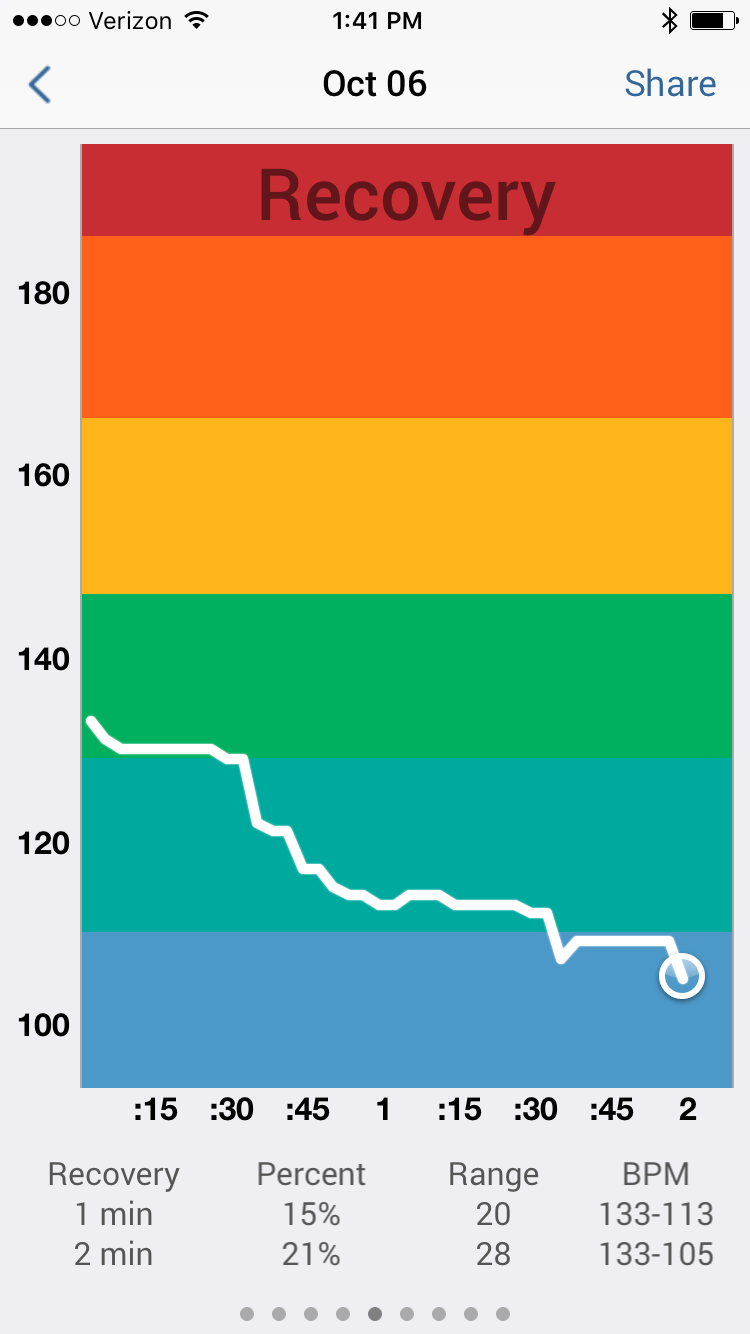
How Fit Are You Take The 2 Minute Heart Rate Recovery Test Fitdigits Support

Analyze Your Fitness With Heart Rate Data

Heart Rate Recovery An Underutilized Metric For Identifying Fitness And Fatigue In Athletes Adam Virgile Sports Science

Typical Heart Rate Response During A High Intensity Training Session In Overreached Athletes Ylmsportscience

Recovery Of Heart Rate Following Intense Dynamic Exercise Coote 2010 Experimental Physiology Wiley Online Library

Rate And Heart Rate Recovery Indexes Of Male And Female Participants Download Scientific Diagram

Of Raw And Relative Heart Rate During The Recovery From Submaximal Download Scientific Diagram

Heart Rate Recovery An Underutilized Metric For Identifying Fitness And Fatigue In Athletes Adam Virgile Sports Science

Heart Rate Recovery An Underutilized Metric For Identifying Fitness And Fatigue In Athletes Adam Virgile Sports Science

What Affects Your Heart Rate Curiscope Us Worldwide
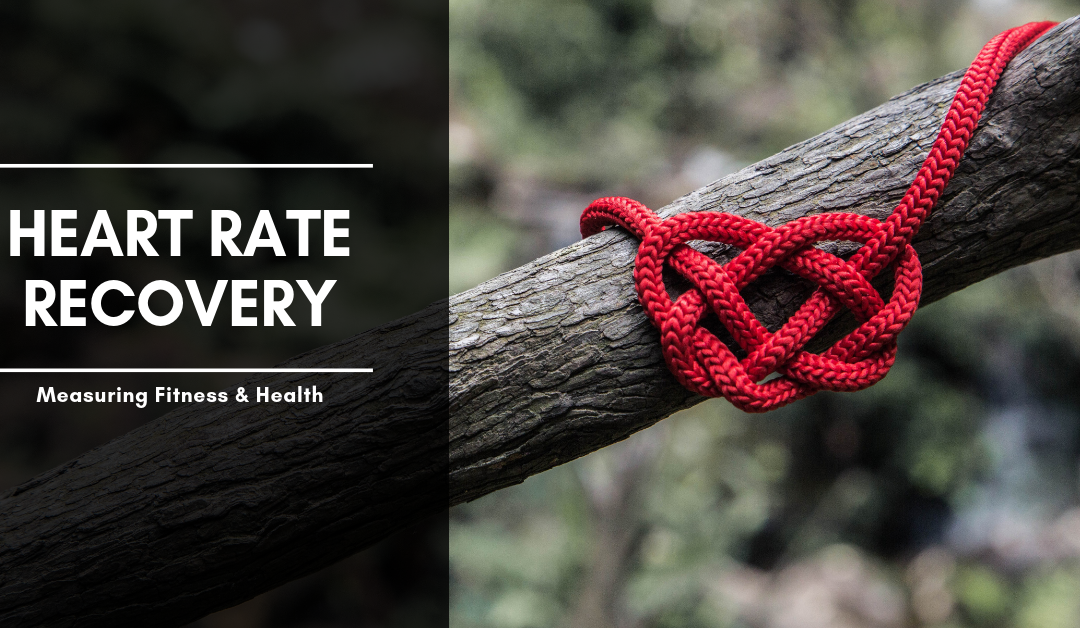
A Quick And Easy Way To Measure Your General Fitness Karen Litzy

Does It Matter If Your Athletes Have High Resting And Working Heart Rates Trainingpeaks
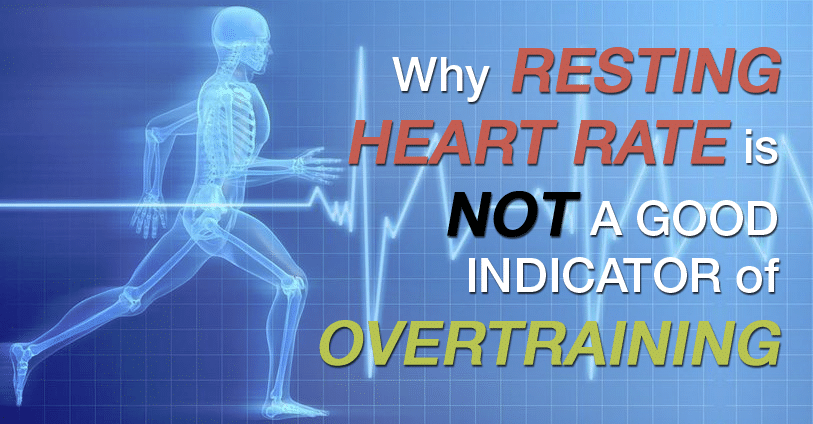
How Overtraining Can Impact Your Resting Heart Rate
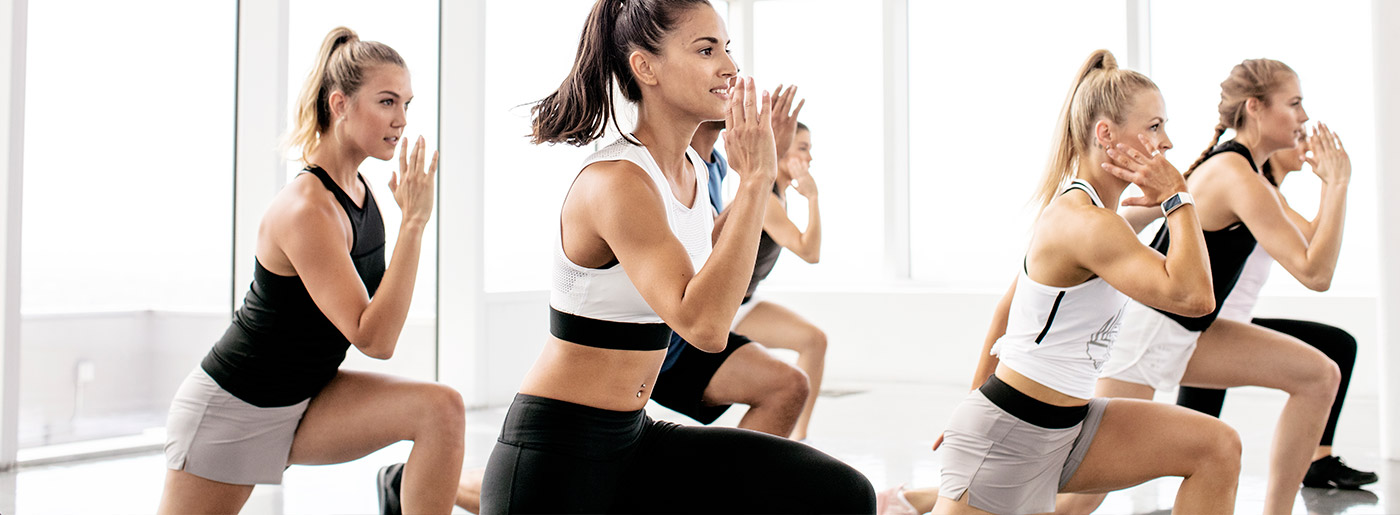
Cardio It Is How To Lower Your Resting Heart Rate Polar Blog
Comments
Post a Comment